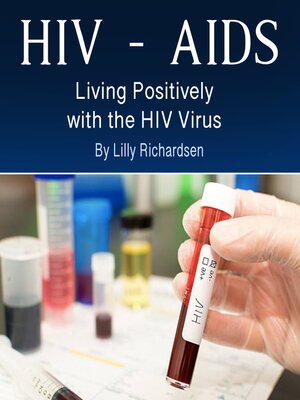
Sign up to save your library
With an OverDrive account, you can save your favorite libraries for at-a-glance information about availability. Find out more about OverDrive accounts.
Find this title in Libby, the library reading app by OverDrive.



Search for a digital library with this title
Title found at these libraries:
| Library Name | Distance |
|---|---|
| Loading... |
Receiving an HIV diagnosis can be life-altering, bringing a wave of emotions, uncertainties, and concerns about the future. Many individuals initially experience fear, confusion, or even denial, as the stigma surrounding HIV remains a significant challenge worldwide. However, the reality of living with HIV today is vastly different from what it was decades ago. Thanks to medical advancements, education, and growing awareness, people with HIV can lead long, fulfilling lives with proper treatment and care.
One of the most critical aspects of living with HIV is understanding that it is a manageable condition. Antiretroviral therapy (ART) has transformed the outlook for those diagnosed, helping them maintain undetectable viral loads and reducing the risk of transmission. This medical breakthrough has empowered individuals to take control of their health, ensuring that an HIV diagnosis is no longer a death sentence. With adherence to treatment, many people with HIV have the same life expectancy as those without the virus.
Despite these advancements, stigma and discrimination continue to be significant obstacles. Misconceptions and outdated beliefs about HIV can lead to fear and isolation, affecting mental and emotional well-being. Many individuals struggle with disclosing their status due to concerns about rejection or discrimination in their personal and professional lives. Overcoming these barriers requires ongoing education and advocacy, as well as fostering a more inclusive and supportive society. Open discussions, accurate information, and strong support networks play a crucial role in breaking down these barriers.







